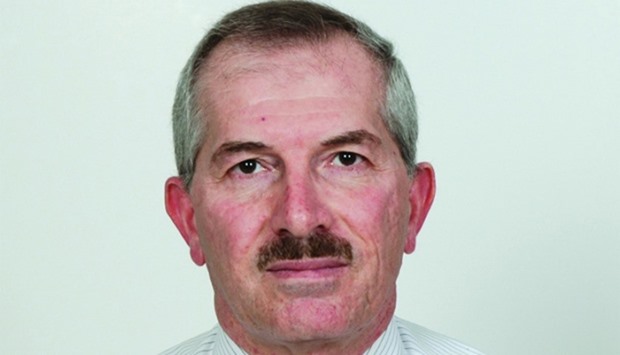“We have not recorded any significant difference in the number of patients requiring urgent care either due to fasting in Ramadan or other causes and it is almost comparable with other months of the year,” he noted.
However, Dr. al-Nuaimi said there has been a slight change in the flow of patients to the Emergency Department as the number of consultations tends to peak around Iftar until Suhour time. He added that the types of cases received have been similar to previous years.
“Although, we haven’t seen an unusual influx of patients to the ED during this time, it is usual to see more patients with gastrointestinal complaints due to over-eating and the consumption of unbalanced diets and fizzy and sugary drinks due to fasting. Most cases present with abdominal pain, bloating, vomiting, and constipation,” he highlighted.
“To avoid these conditions, it is recommended to break a fast at Iftar by eating a simple and easily digestible meal such as three pieces of dates, one cup of vegetable soup and drinking half a cup of orange juice. That helps a person’s glucose levels to return to normal and helps to control appetite during the main meal. Any main meal to be consumed later after Magrib prayer should be balanced, consist of fiber rich food and eaten in moderate amounts. Carbonated drinks should be avoided,” Dr. Al Nuaimi stressed.
He noted that some people suffer from constipation due to a lack of physical activity while fasting or due to the consumption of food which is low in or lacking in dietary fiber. He said that dehydration due to fasting may also worsen constipation. To avoid constipation, Dr. al-Nuaimi recommended to increase the intake of water, natural juices, vegetables and fruits and being physically active in the period between Iftar and Suhour.
According to Dr. al-Nuaimi, other cases being seen which are usually common in Ramadan include headaches, body aches and muscle cramps as well as injuries from domestic and road traffic accidents.
To prevent headaches in those observing fasting during Ramadan, he advised against drinking a lot of caffeinated drinks like coke, coffee or tea at either Iftar or Suhour to make up for missed hours as a sudden decrease in caffeine can prompt headaches, mood swings and irritability.
He explained that injuries due to road traffic accidents happen especially shortly before Iftar as some people are in a hurry to return home before Magrib Adhan signifying the end of the day’s fasting. “These accidents are mostly due to speeding, lack of concentration, particularly if using a mobile phone or breaking traffic rules.”
“As Ramadan is being observed this year in summer, a fasting person working outdoors or under direct sunlight may experience dehydration or other heat related illnesses such as heat cramp, heat exhaustion, and in extreme cases heat stroke. It is therefore recommended to drink plenty amount of water between Iftar and Suhour. To further prevent dehydration, outdoor activities or direct sun exposure should be limited during the fasting hours,” he emphasised.

